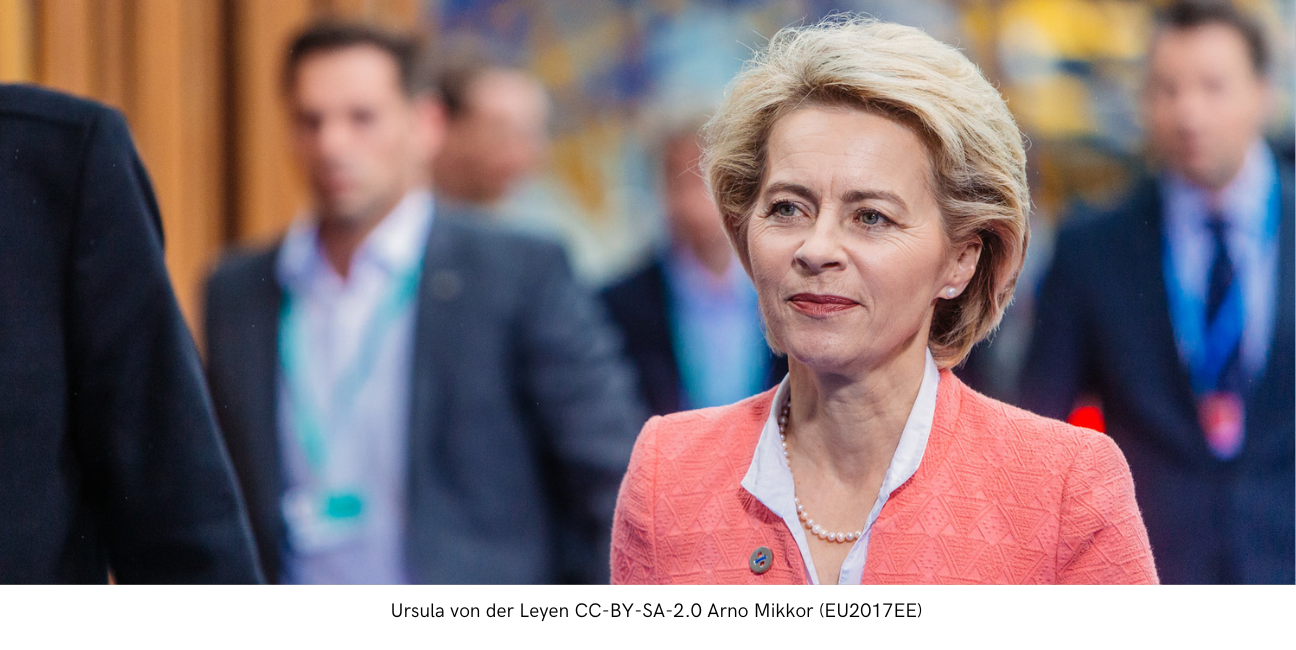
The European Commission is facing difficulty promoting its latest trade agreement with the U.S., as unresolved details and conflicting statements with Washington highlight ongoing challenges before new tariffs take effect on August 1.
The European Commission is struggling to sell its preliminary trade deal with the U.S. as it becomes clear that several key issues remain unresolved. In an effort to avert U.S. President Donald Trump’s threat to raise tariffs on most EU goods to 30 percent from August 1, Commission President Ursula von der Leyen reached a provisional agreement with Trump on Sunday that would set a 15 percent tariff on most EU imports.
“I don’t know exactly what day and when the across-the-board tariff will kick in. I can’t tell you precisely now when the exemptions to the across-the-board tariff that we’re working on with our American partners will kick in,” Olof Gill, the European Commission’s trade spokesperson, told reporters Tuesday. “All I can tell you is that we’ve avoided the worst case, we’ve landed on 15 percent, and we will make it work technically with the minimum of costs and the minimum damage for our exporters,” Gill added.
Originally, the White House and the European Commission planned to publish a joint statement by August 1, but with many details still to be resolved, the timing is uncertain. Gill said, “I couldn’t say precisely when that joint statement will be ready, but it should be soon.”
Further complicating matters, the White House and the European Commission have released separate fact sheets with conflicting information. The White House claims that “the European Union will pay the United States a tariff rate of 15 percent, including on autos and auto parts, pharmaceuticals, and semiconductors.” The EU’s position is that 15 percent tariffs on pharmaceuticals and semiconductors will only apply if the U.S. decides to impose additional tariffs on these products after ongoing U.S. investigations.
Other discrepancies persist regarding tariffs and quota systems on steel and aluminum, as well as joint work on sanitary certificates and digital market access.
Gill emphasized the EU’s regulatory independence. “We don’t change our rules … We are not moving on our right to regulate autonomously in the digital space,” he said.
